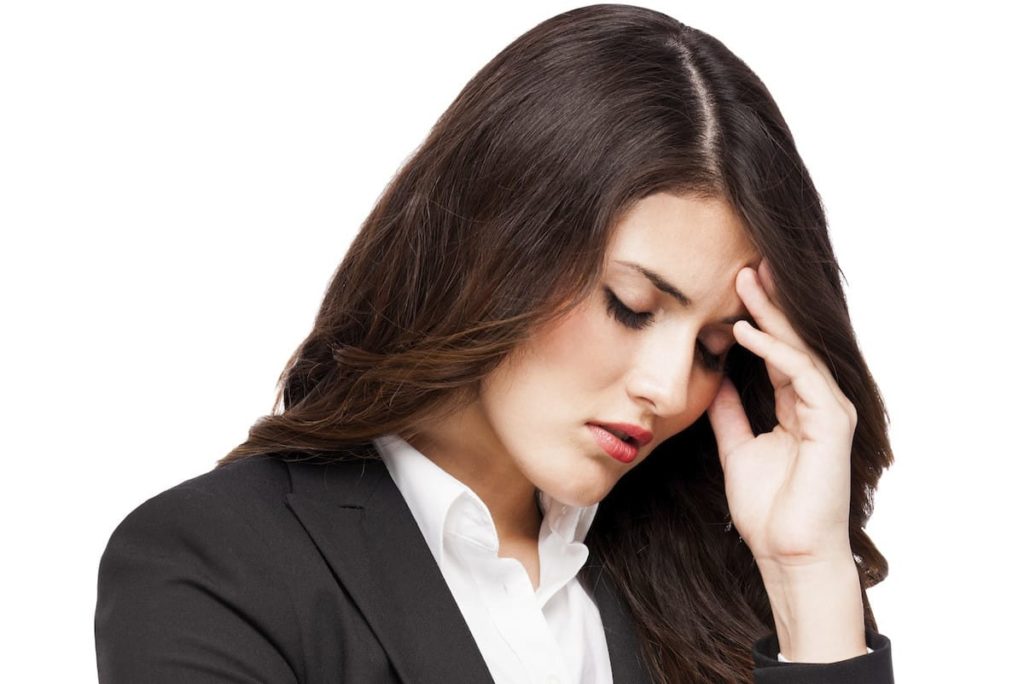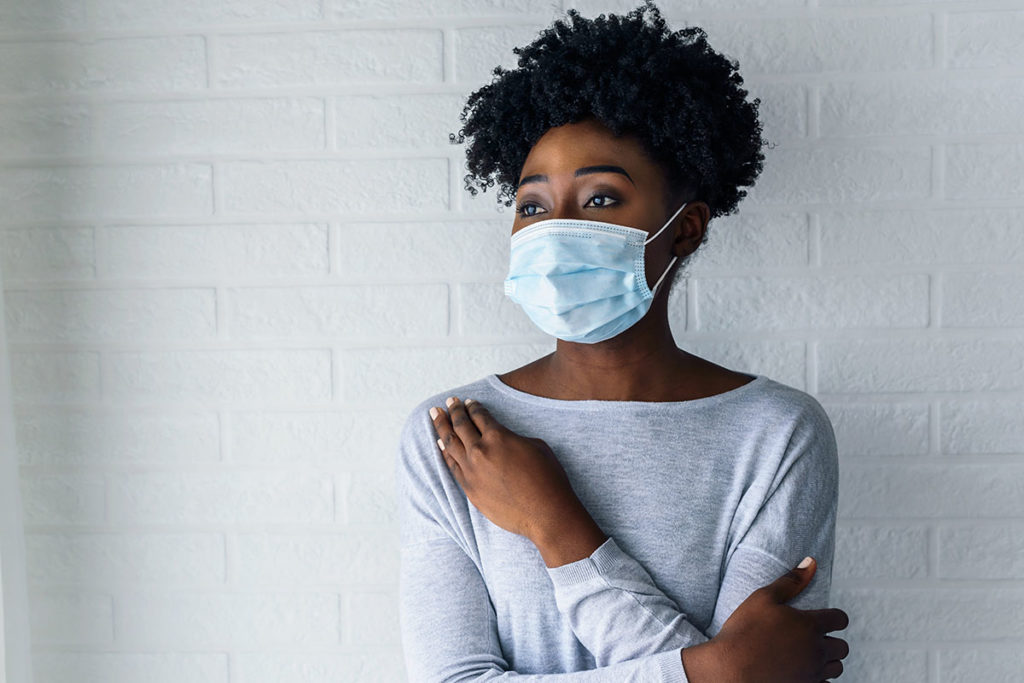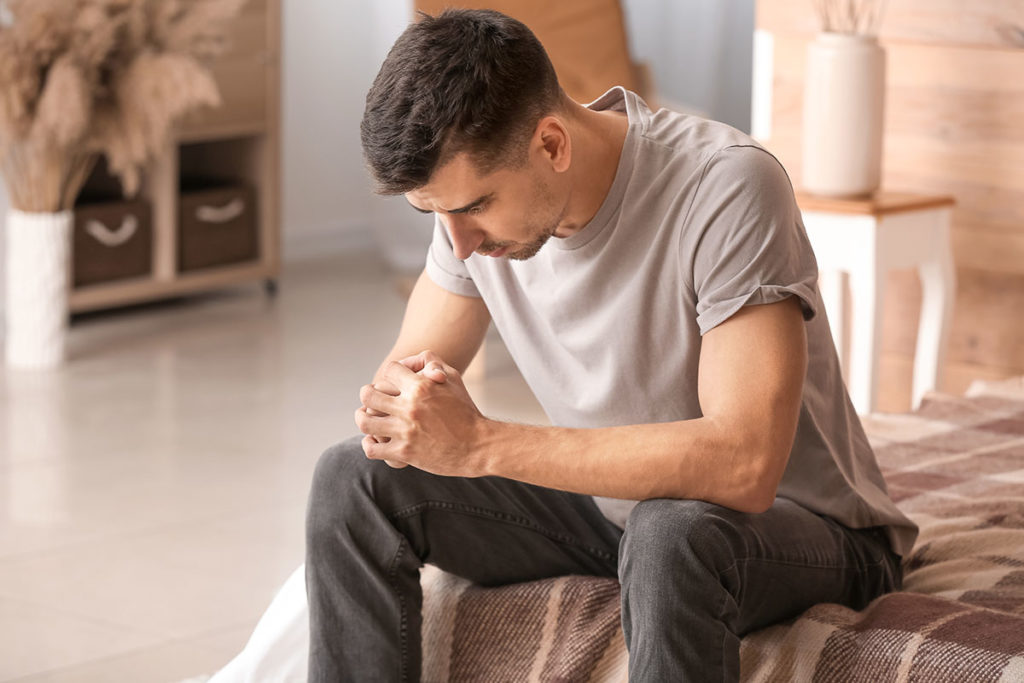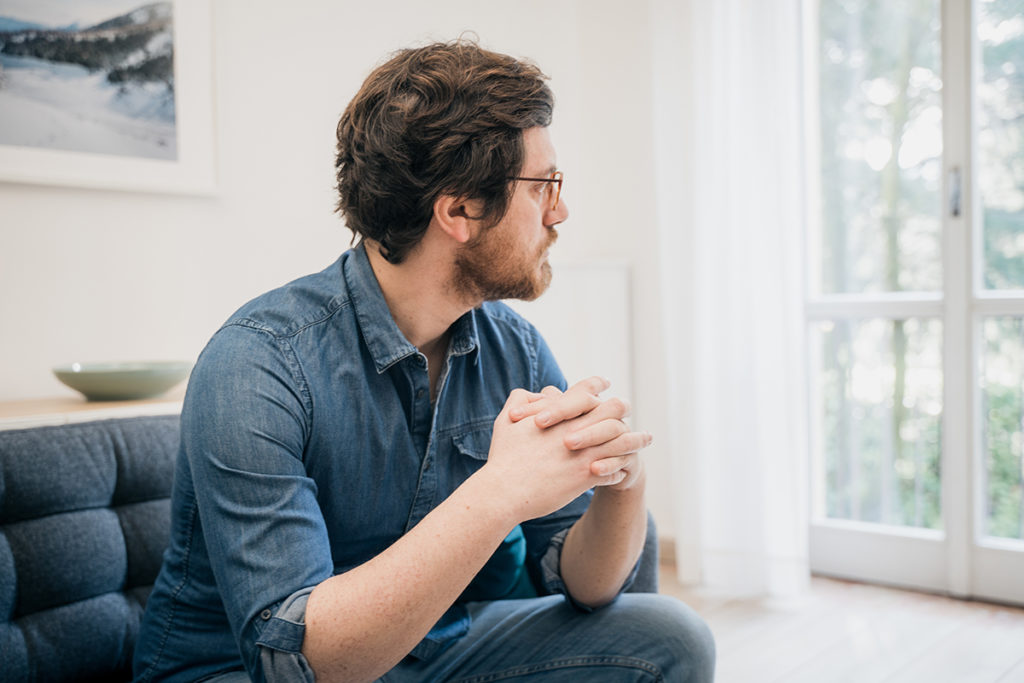Depression can come in many forms. Everyone feels down at some point, especially after experiencing a loss or trauma. But for those whose depression lingers and interferes with everyday life, this is a serious concern. This type of condition should be treated just like any other medical condition. It is possible to live with depression and still lead a healthy and productive life. Finding the right treatment program and environment is critical. To learn more about common types of depression and how to treat them best, reach out to the therapeutic team at The Right Step at 17135283709 or online. A depression treatment program can be the right path for healing and moving forward.
Common Types of Depression
While there are many types of depression, some of the most common types of depression include major depressive disorder (MDD), persistent depressive disorder (PDD), bipolar disorder, and seasonal affective disorder (SAD).
Major Depressive Disorder
MDD is also known as clinical depression and has very intense symptoms. Symptoms include:
- Guilt
- Severe weight gain or loss
- Insomnia
- Loss of interest in previously enjoyed activities
- Trouble concentrating
- Fatigue and lethargy
- Restless and agitated feelings
- Feeling sluggish and dull
- Thoughts of death and suicide
Seeking professional support and exploring therapeutic options can significantly aid in managing major depressive disorder and improving one’s quality of life.
Persistent Depressive Disorder
PDD can also be referred to as dysthymia or chronic major depression. Symptoms of PDD can include:
- Lack of energy
- Low self-esteem
- Sleep issues
- Change in diet
- Difficulty concentrating
- Irritability
- Irrational feelings of anger
- Being sad and feeling hopeless
If you or someone you know is struggling with thoughts of suicide, the Suicide and Crisis Lifeline is available 24/7 at 988.
Bipolar Disorder
This can also be referred to as manic depression. Symptoms can include:
- Severe mood swings
- Very high energy or very low energy
- Racing thoughts and rapid speech
- Engaging in risk-taking behaviors
- Withdrawal from family and friends
- Feelings of despair and hopelessness
- Changes in sleep patterns
- Changes in appetite
- Suicidal thoughts
While each type of depression presents its own set of challenges, understanding and recognizing these symptoms is the first step toward finding hope and healing through appropriate treatment and support.
Seasonal Affective Disorder (SAD)
SAD is associated with specific times of the year when depression surfaces. The most common times of year for SAD are the fall and winter months. Symptoms of SAD can include:
- Excessive sleeping
- Fatigue
- Feelings of irritability
- Anxiety
- A heavy feeling mostly in the legs and arms
- A craving for carbs that leads to noticeable weight gain
- Social withdrawal and isolation
- Feelings of hopeless
- Feeling worthless
- Trouble concentrating
These depressive disorders require treatment to not let them take control of your life. Getting the help you or a loved one needs will enable you to live a full life while effectively managing depression symptoms.
What Is a Depression Treatment Program?
A depression treatment program can utilize a variety of therapies to craft a unique and personalized treatment plan for each person. Treatment plans can be designed to treat more than one condition as well as part of a dual diagnosis.
Depression treatment plans can include:
- Individual therapy
- Group therapy
- Trauma therapies like eye movement desensitization and reprocessing (EMDR)
- Motivational interviewing
- Experiential therapies like yoga, music, and art
- Acupuncture
- Mindfulness training
- Aftercare
The goal of any treatment program is to get you back to your everyday life and be able to manage triggers to your depression so you do not relapse. Having a therapeutic experience and environment that fosters this makes the process run even more smoothly.
Contact The Right Step for Depression Treatment Today
You can choose inpatient or outpatient treatment for depression. For more severe cases of depression, inpatient treatment is recommended so that clients can fully focus on getting better without the distractions of everyday life. It also allows the opportunity for any co-occurring disorders to be treated at the same time under 24-hour supervision. Depression treatment centers offer a safe and therapeutic space free of stressors where you can focus on yourself. Call The Right Step today at 17135283709 or contact us online to learn more about the treatment experience.






